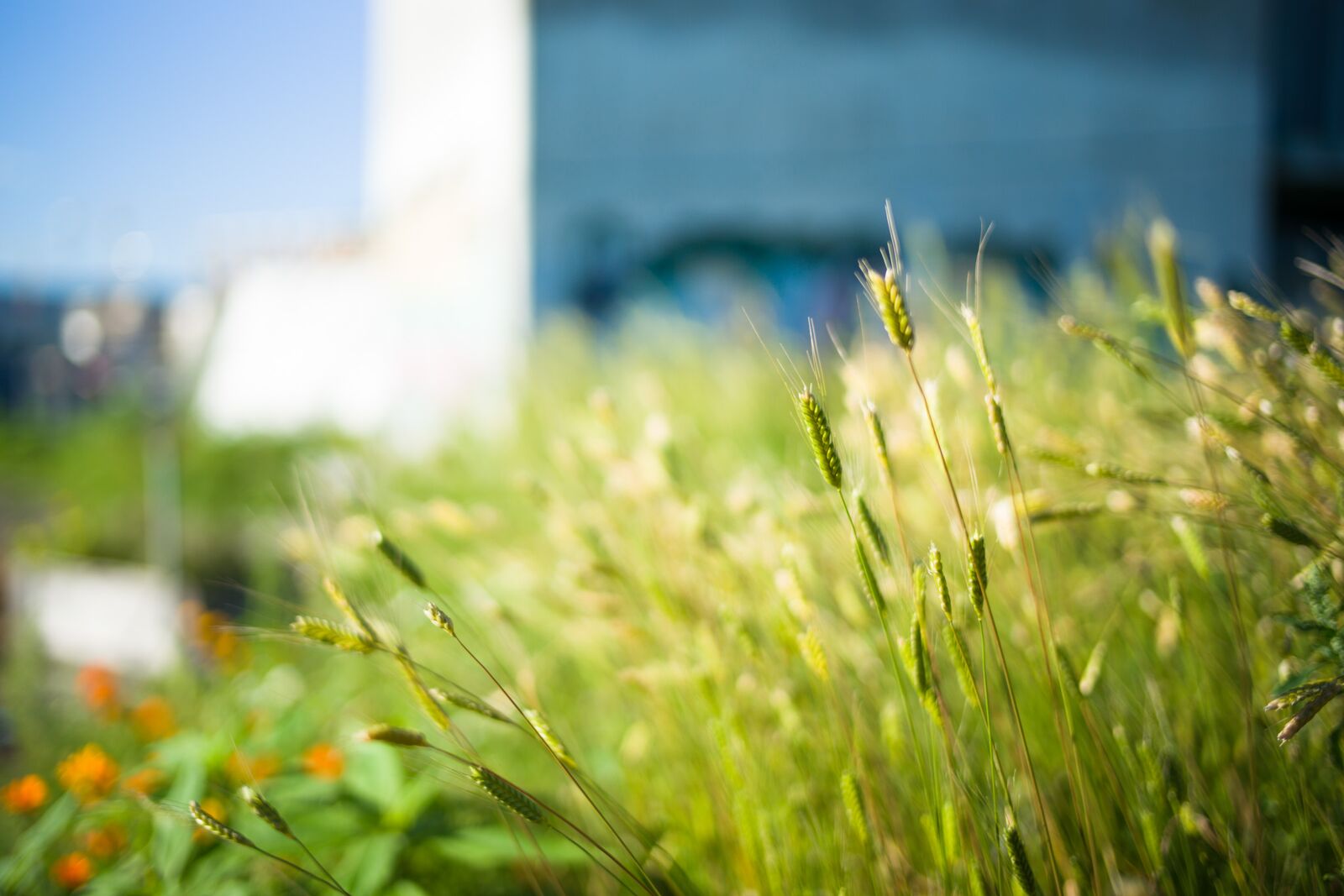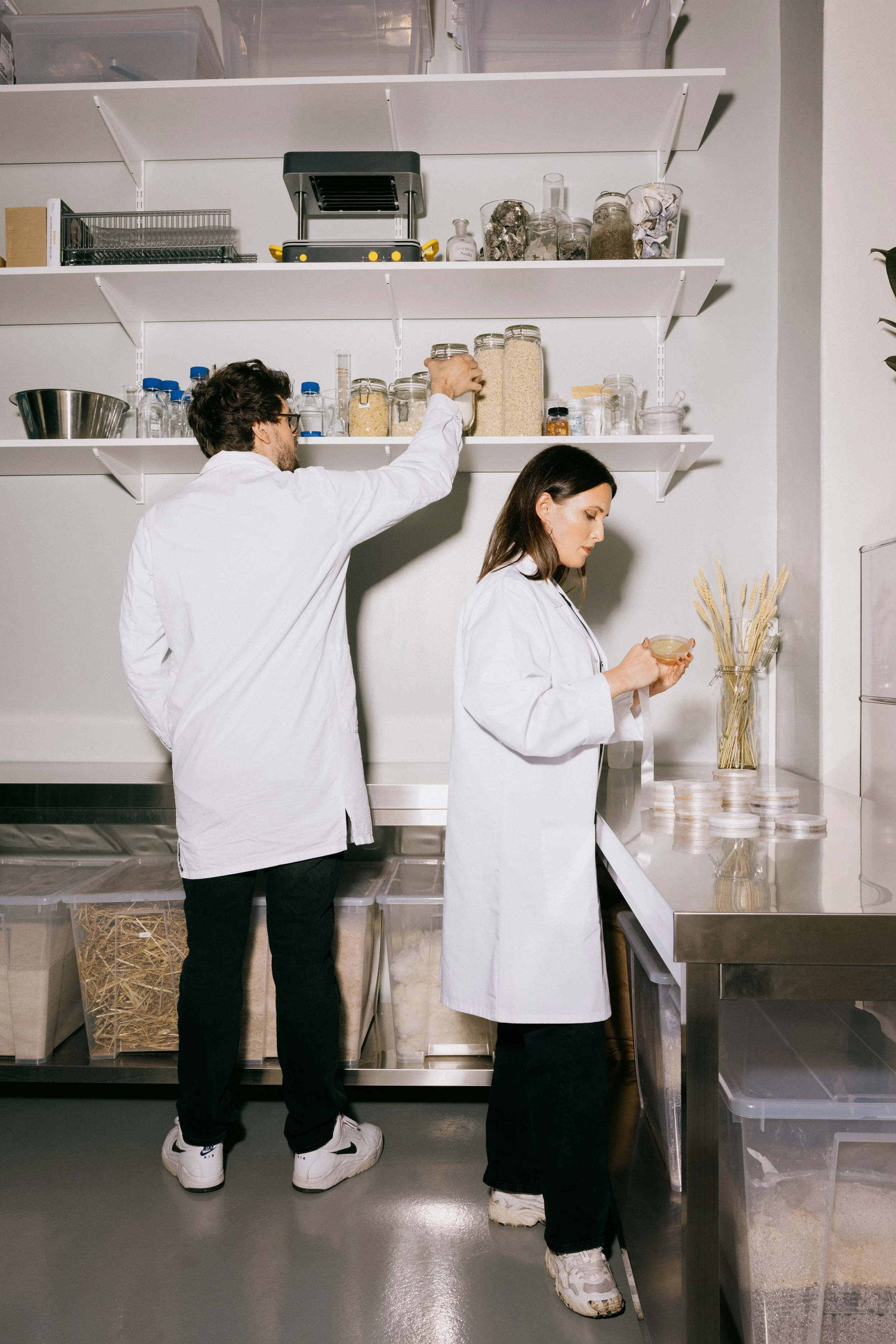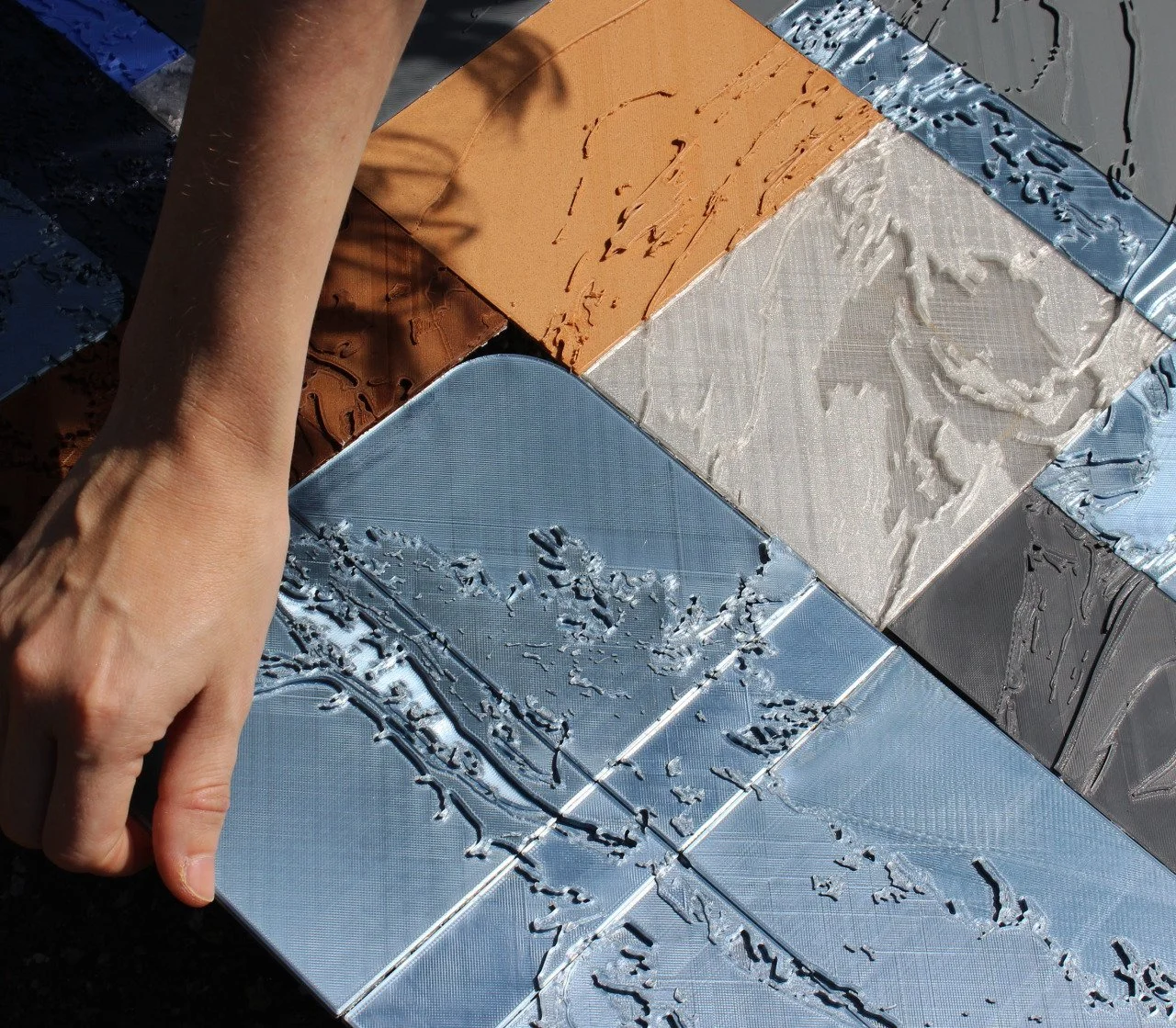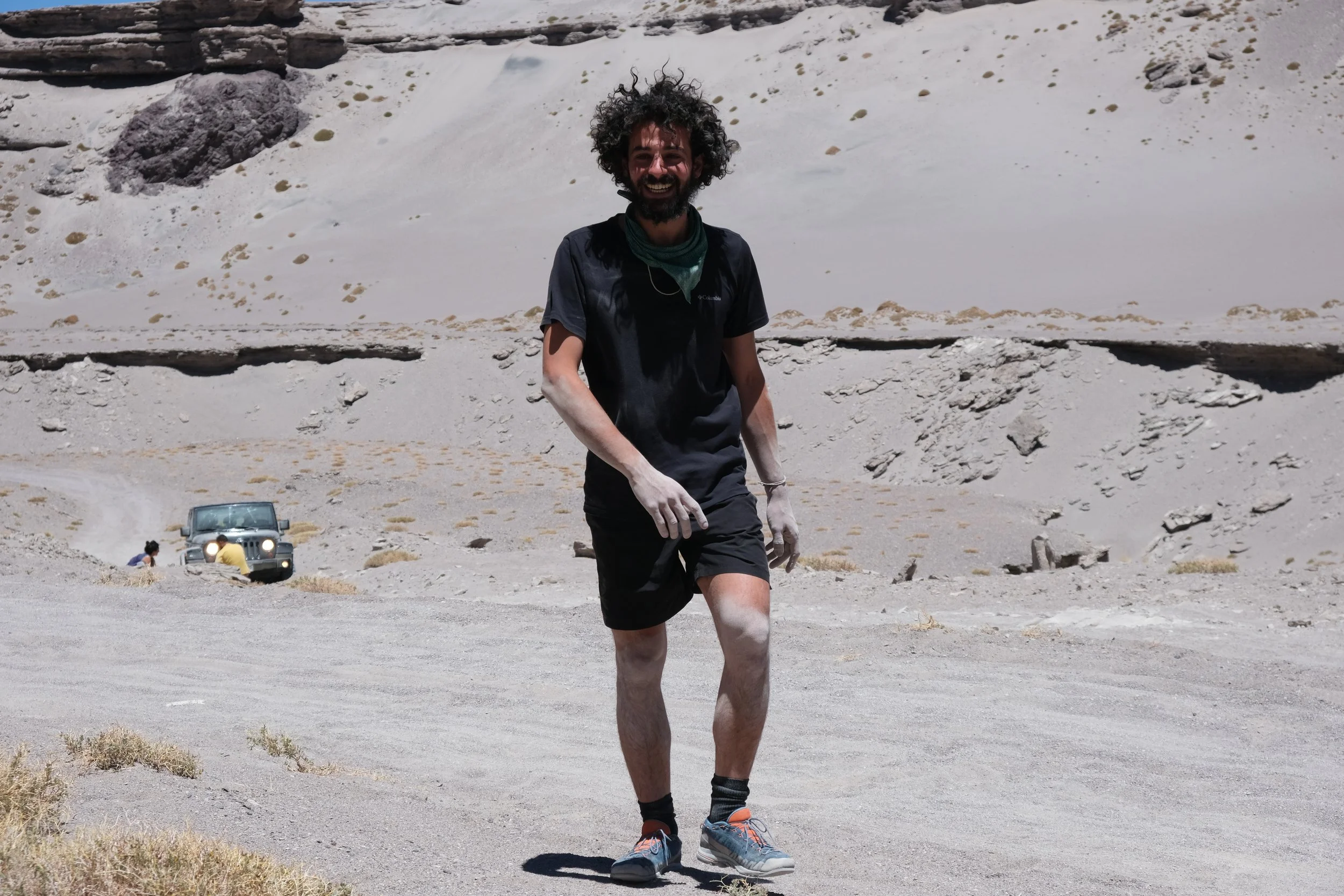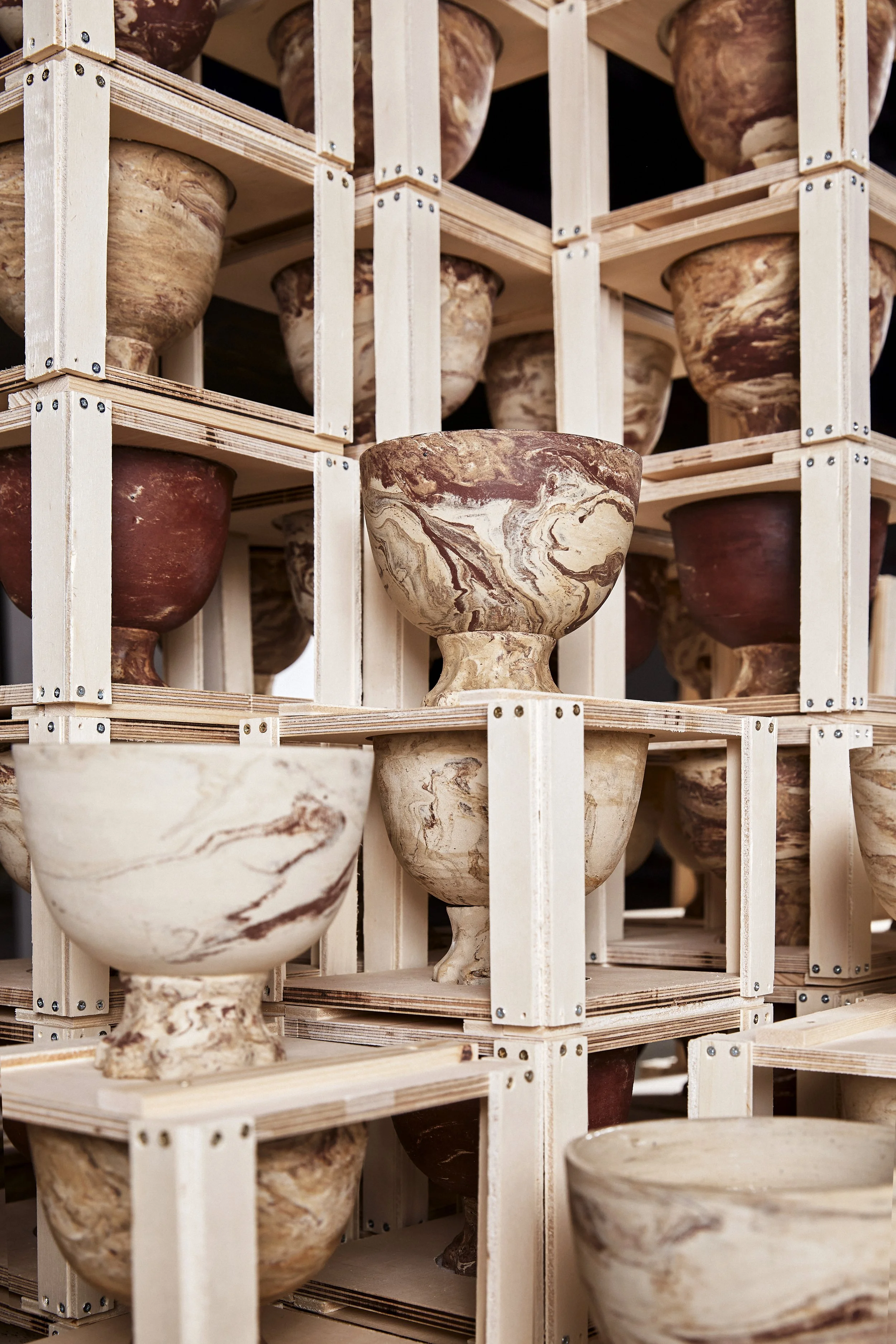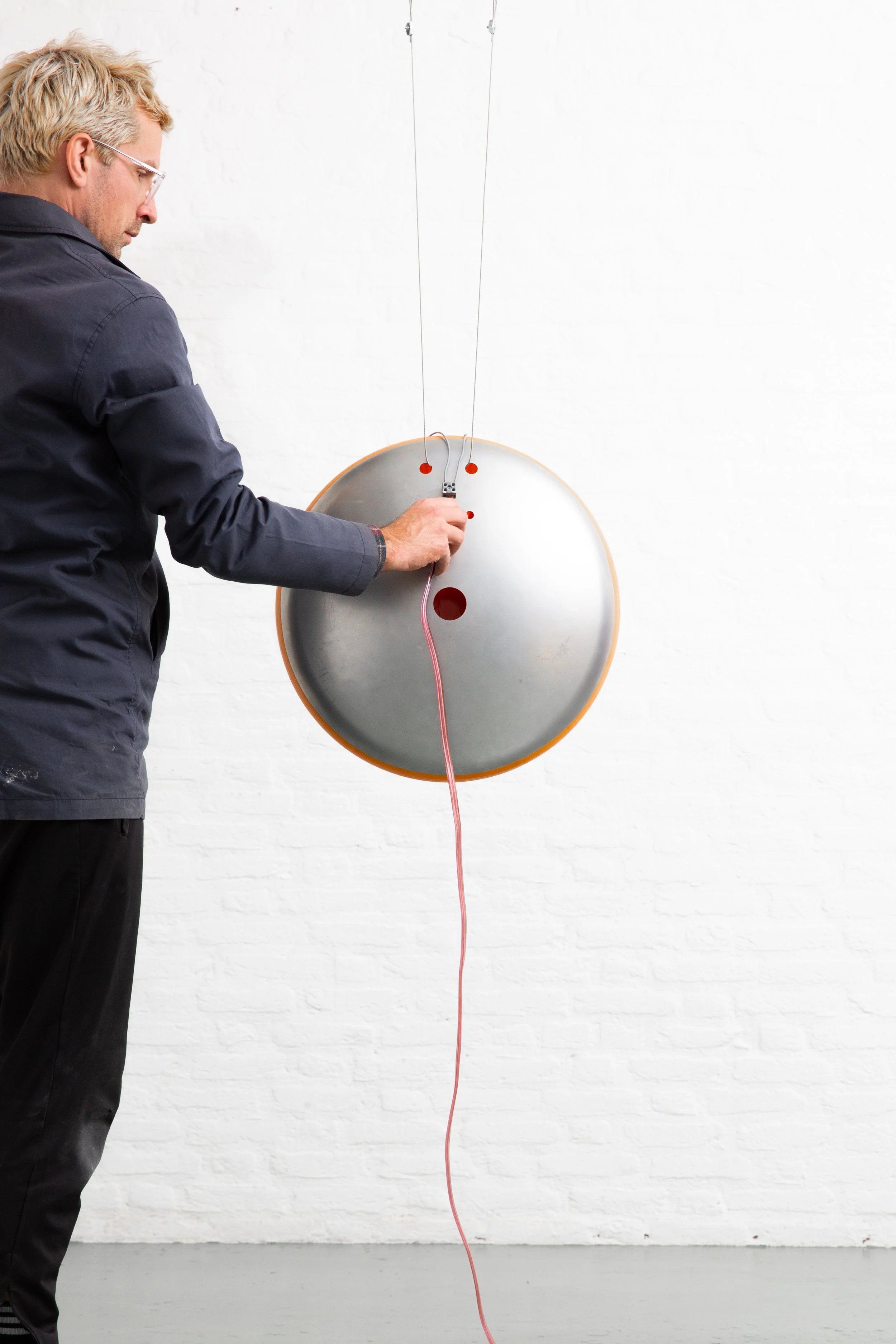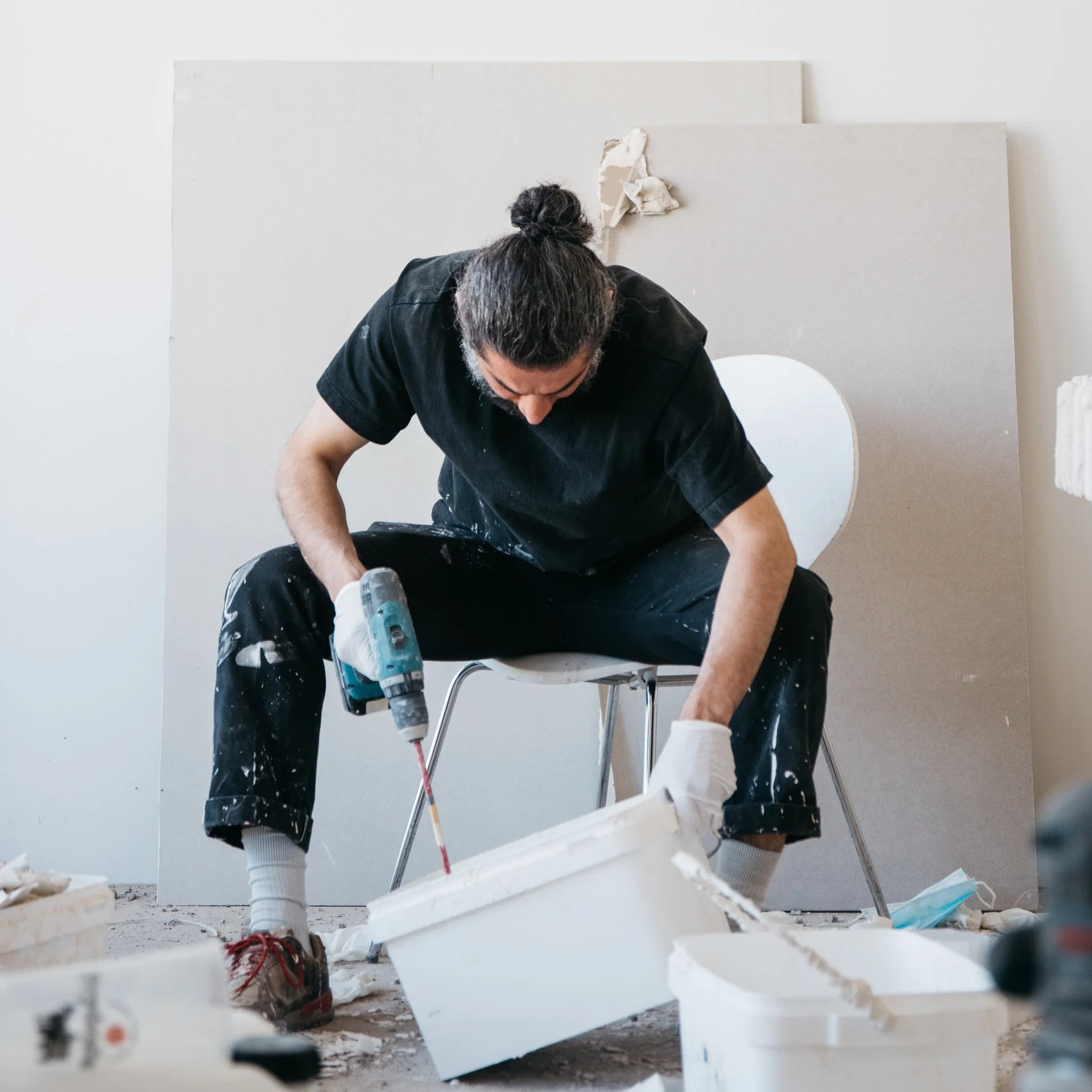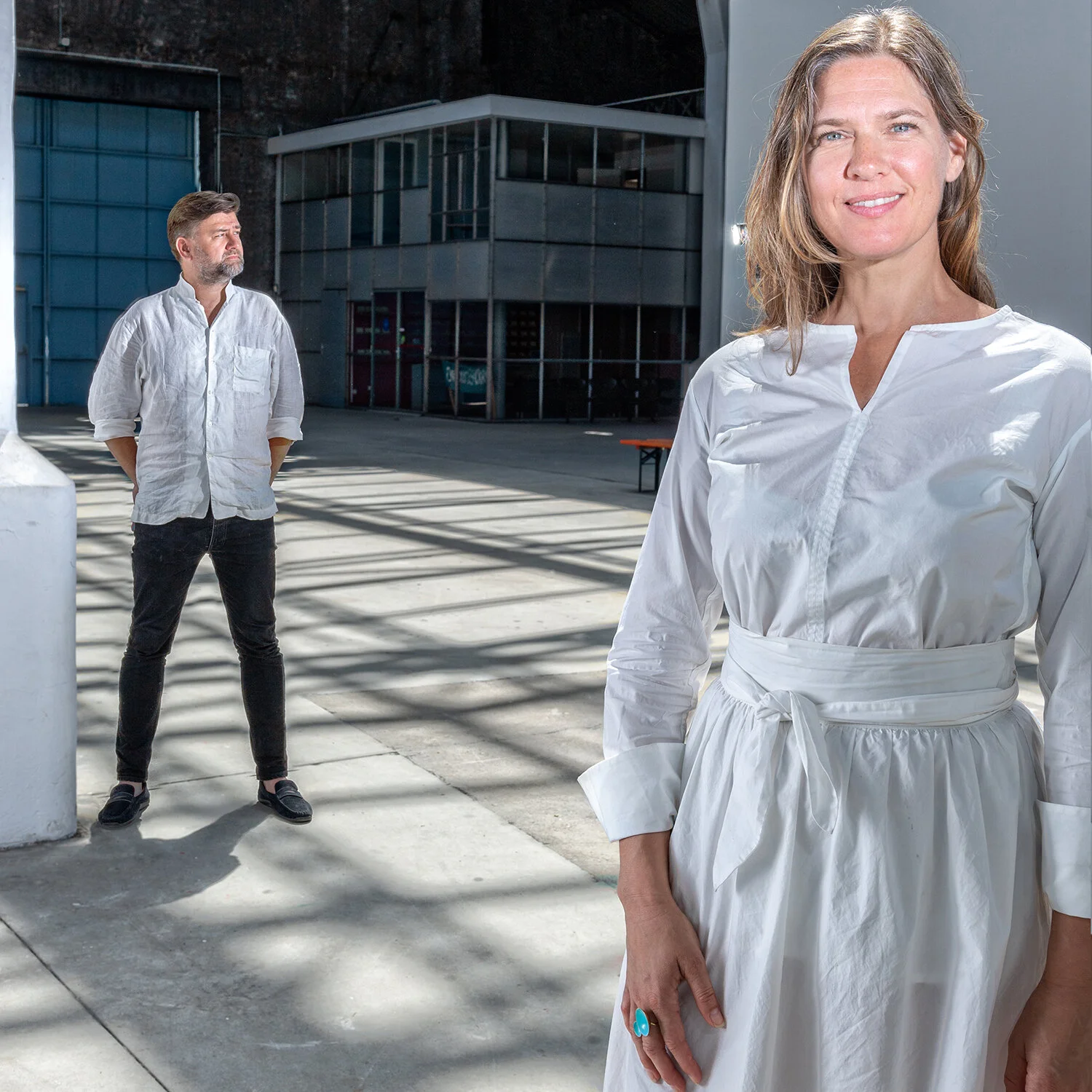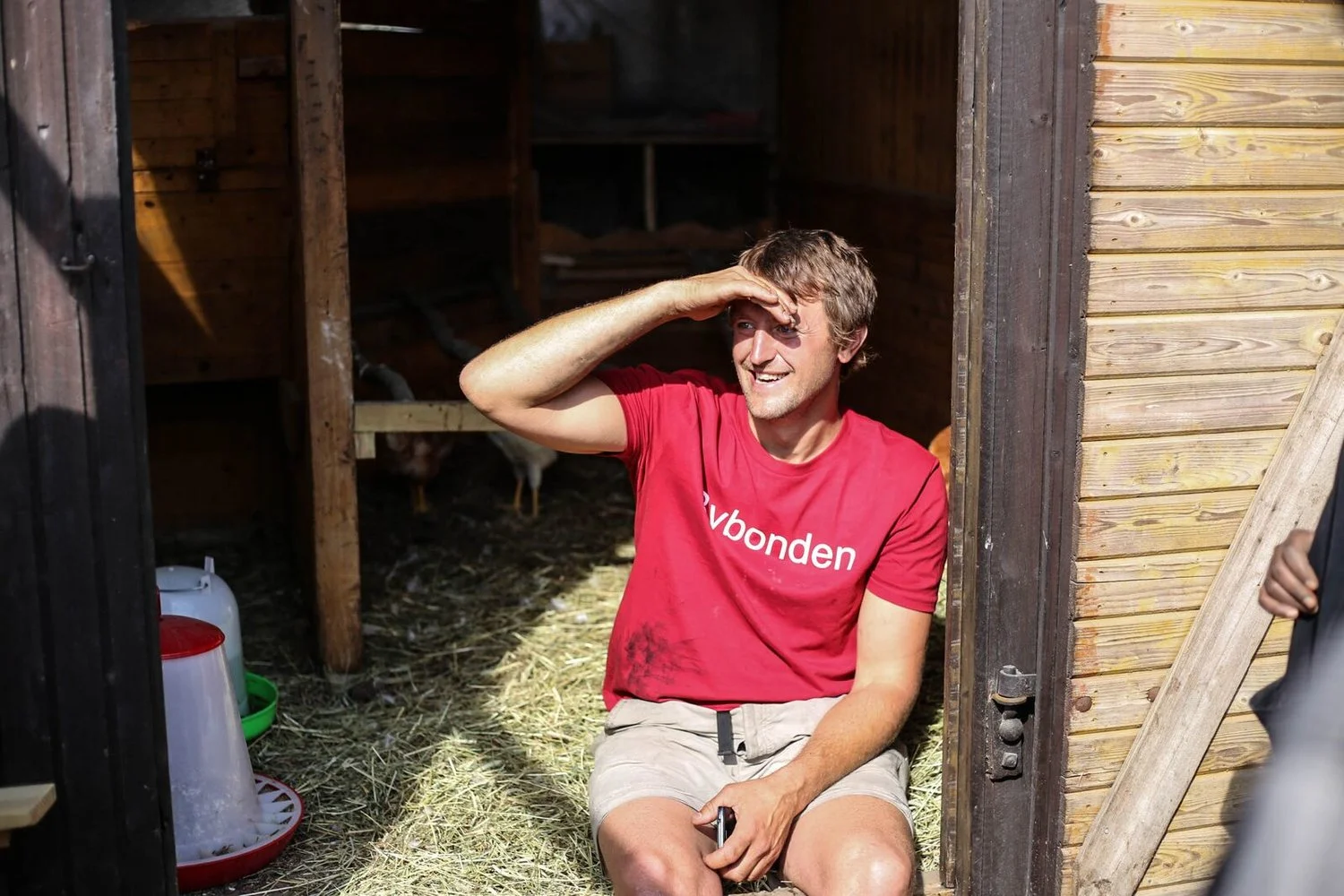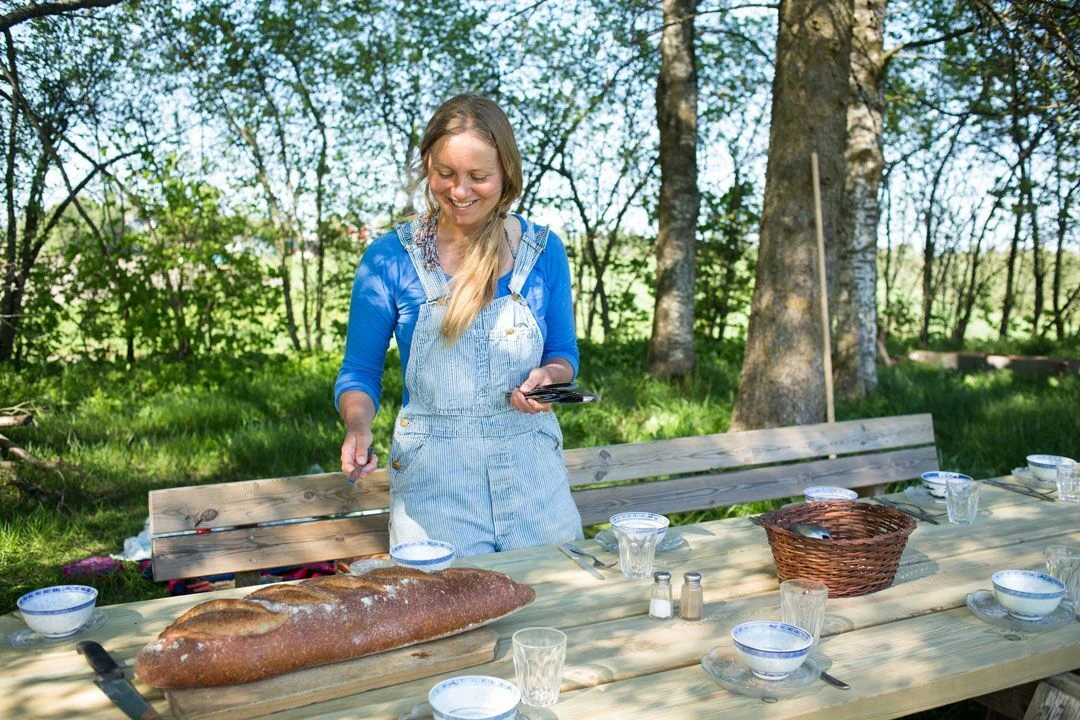The City Farmer and the Balcony Fields
Oslo is one of the rare capitals in the world that have an official City Farmer. Andreas Capjon has a passion for soil. We had a talk with him about why it matters. Also for you.
# First of all; who is the City Farmer?
I was born and brought up at an organic farm and raised into what it means to follow the journey from seed to fruit every year. Later, when I was living in the middle of the the city, I felt very alienated because I was not able to grow something properly. A driving motivation behind the City Farmer is thus an urge to make urban growing feasible and to inspire as many people as possible to see that we are able to grow in in the city.
The City Farm of Losæter, now a green oasis in the middle of the concrete jungle in Oslo, was established in 2011 when the art collective Future Farmers teamed up with Bjørvika Utvikling, The Agricultural Union and Norgesgruppen to do what was initially an art project on urban farming. Together they soon realized that if they were to grow other stuff than weeds, a proper farmer was needed. And here I am, now in the third season as a city farmer. Today the farm is alive with lots of people and happenings, being a public place where art meets urban farming.
# Why should we grow the city?
Because it brings us closer to the world. I don´t think we are saving the world by growing in the city, but I think we get more intimate with it. To get soil under your nails and see, feel and take part in all the processes that have to happen for a seed to become a vegetable that can be served on the table; I think that creates a certain respect in us for our food, and an understanding of the cycles of life. I have a great passion for composting. And I really believe that to follow closely the whole cycle from waste to compost to nourishing soil to strong plants to good food and then back to waste again - it gives us knowledge and wisdom that we can apply to other processes in our society that we know we have to make work better. Not in this exact way of course, but we have to see waste as resources. We need to have a circular economy, we have to think in circular systems. If we can see these processes in our homes we get a much closer relationship to what this actually means.
# You have wild passion for soil, and you write that “soil is not, soil happens”, can you say something more about this?
The most regular question I get is: where can I buy good soil? It does not really matter how good soil you have - if you are not able to get the cycles to work and give the nutrition back again to the soil.
You have to work with it. The soil is alive. It consists of enormous amounts of life - more microorganisms in one handful of soil than it is people on this planet! But they need nutrition in order to do their service to the plants. That is why I say that soil is not something that can be called a product, its something that happens in a process over time. And I belive that it is us who want to eat from that soil that is responsible for this to happen in a good way.
# How is this relevant to “average Joe” working in a office space in the city?
I think the way into city gardening for many people is the joy of picking the mint tea from your own window sill, to be able to offer your date a mojito freshly picked from the balcony. Or to gather sugersnaps with the children, see their happiness of harvesting their own food and learning where it comes from. This is often where it starts. And then if you want to continue to grow organically in the city, specially because you don´t have access to a lot of volumes of soil, at some point you need to dive into the circular process of making good soil, otherwise you will fail. When you are there, you start to realize what an amazing universe it is! It is a lot of trades and exchanges going on, between all the organisms and the plants. Its super complex and so fascinating when you see them happening.
# Composting is an essential part of this process. How can we make good compost in the city?
I have been working with Bokashi composting for some years now. The word means “fermented organic material” in Japanese, and it is simply a way of fermenting food waste. If you just put your shrimp peel in the soil, it will start to rot and create a bad smell, which is a signal of a bad soil ecology. So you will have to do something with the waste in order to get positive soil life.
One way to do this is Bokashi, where you add a bunch of 80 different effective microorganisms into your food waste and take away the air. It will then start to compost nicely. The point of doing it this way is that you can do composting in a 14 litre bucket and the transformation into soil happens quite fast because the fermentation break down the organic material; you´ll have nutritious soil in about 3-5 weeks, depending on the temperature. There are a lot of great ways to compost and Bokashi is only one of them. But when you are composting in the city I find that Bokashi and worm compost, are the ones that works well in a small space, as well as being quite idiot proof.
# Together with Thomas Horne you have written “Balcony Farmers” (Balkongbønder), why did you want to create this book?
In this book we want to explore and communicate: What is a balcony field and how can you be a successful balcony farmer! That means: How to grow a lot of beautiful and edible plants in a minimal space in the city, how can the different vegetables, herbs and flowers grow together, take advantage of each other and use the space efficiently, in three dimensional fields.
A small example is how you can plant the short basilicum around the tall tomato plants. Further you mix what comes early with that which comes late, you have the herbs that comes again every year and combine them with edible flowers so it looks beautiful, and a climbing beans that use the space upwards. The book helps you to play in the right way! There are quite a few pages on soil itself, I hope it can be a portal to open up into the universe under the ground. The book is also a lot about composting and watering. Basically it should be all that you need to know when you want to start to become a balcony farmer yourself and to get abundant food supplies from your balcony fields!
# Sustainability has become a kind of “fashion word” that we hear and read about in a lot of different contexts - what is sustainability to you?
For me sustainability is to close the cycles. That which we take out we have to bring back.
The planet is quite amazingly created - the photosynthesis makes it possible that you actually can take things away, due to the creation of surplus energy from the sun. This means we can harvest from our fields, but we surely also have to give nutrition back to the soil. And we are not good enough at that. I am thinking this same principle can be applied to our general food waste as well - it is actually a huge resource, but pr now, its not being used.
# What is your utopian plan for the planet, seen in a sustainability perspective?
To make use of all the energy that is here.
If we compost at home, we give the energy straight back to the soil and back to the plants. As a society we can for instance work with bio-gas, systems for food waste and so much more. There is never one solution, but in order to have a vision for sustainable circulation systems I see it as essential to focus on utilising energy in wise ways; to use all the energy that comes from the sun. To see everything as resources. As the word implies; re -source - source of new life.
Elementa Conversations:





